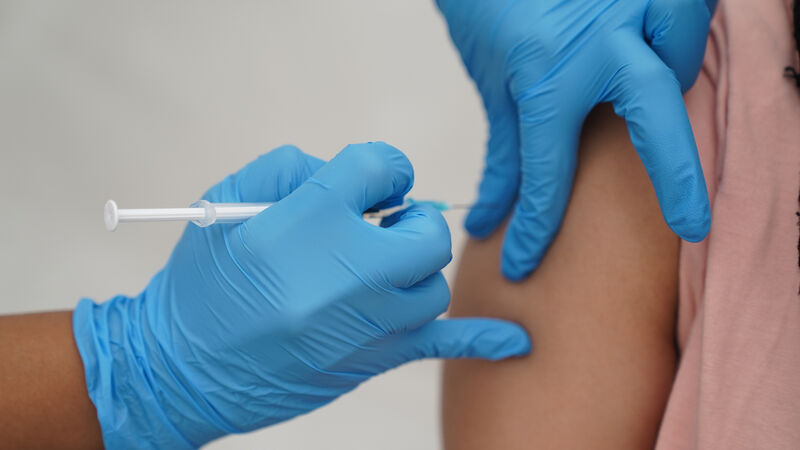Mandatory vaccination could be ‘necessary for the overall good’ NIAC chair says

Mandatory vaccination could be “necessary for the overall good”, one of Ireland’s leading immunisation experts has said.
Professor Karina Butler, chair of the National Immunisation Advisory Committee (NIAC), said the controversial measure would have to be given “careful consideration.”













